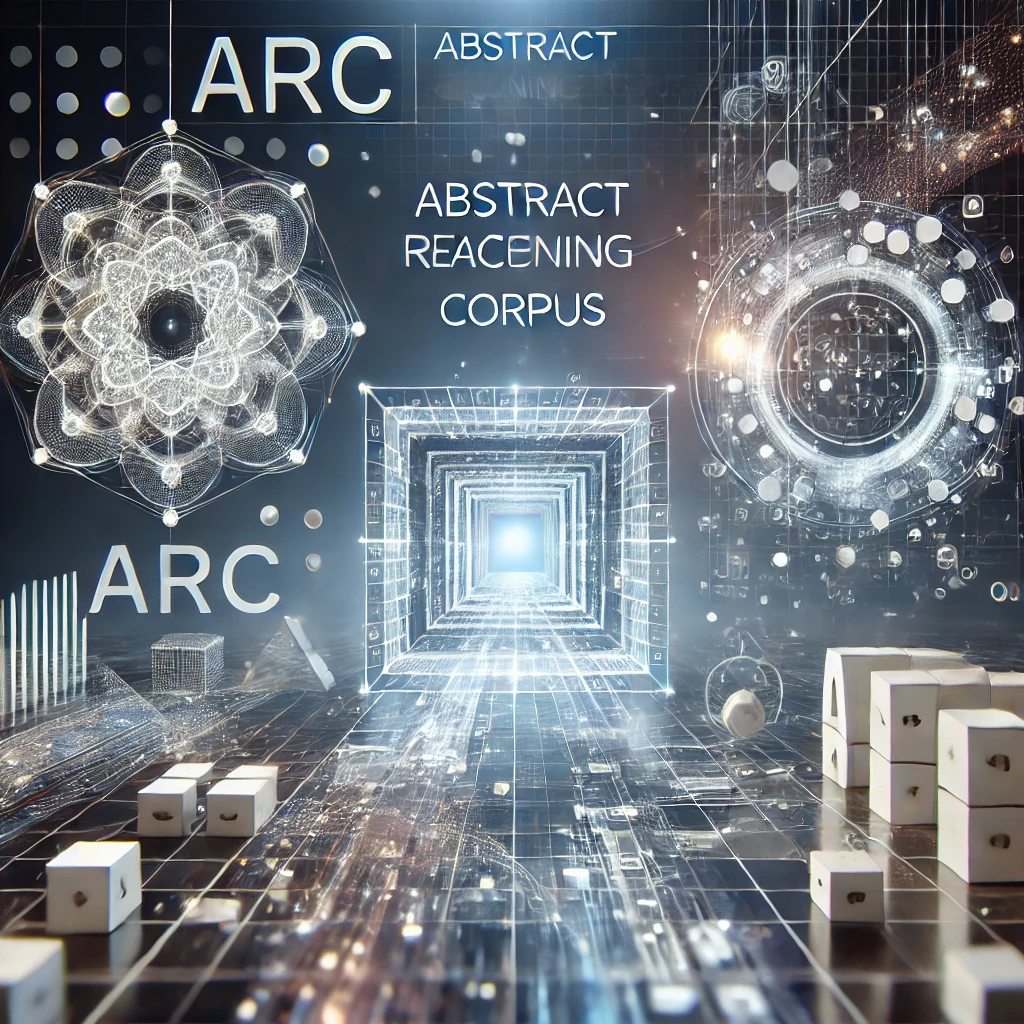Artificial Intelligence (AI) has made significant strides in solving complex problems, but one area remains particularly challenging: reasoning. The Abstraction and Reasoning Corpus (ARC) benchmark, designed to evaluate AI’s reasoning capabilities, has emerged as a pivotal tool in this journey. Created by François Chollet, ARC challenges AI to solve tasks that require abstract thinking, generalization, and human-like problem-solving skills.
This article delves into what the ARC benchmark is, why it’s important, and how it is shaping the future of AI development.
What is the ARC Benchmark?
The ARC benchmark is a dataset of tasks designed to test an AI system’s ability to reason abstractly. Unlike traditional benchmarks that rely on large-scale data and pattern recognition, ARC focuses on minimal training and maximum reasoning. Each task in ARC involves a grid of colors, and the AI must deduce the underlying rules to transform input grids into the correct output.
ARC’s emphasis is on few-shot learning—a key aspect of human intelligence. While humans can infer rules and patterns from just a handful of examples, most AI systems struggle without massive datasets. ARC aims to bridge this gap by encouraging the development of AI systems that can generalize from limited information.
Why is ARC Important?
ARC addresses a critical shortfall in modern AI: the ability to reason. Current AI systems excel at tasks like image classification and language processing due to their reliance on vast amounts of labeled data. However, they often fail when confronted with novel problems that require inference and adaptation.
Key reasons why ARC is a game-changer include:
- Focus on Generalization
ARC tasks are designed to test AI’s ability to generalize beyond specific training data, mimicking human reasoning capabilities. - Minimal Training Data
By providing only a few examples, ARC encourages the development of AI systems that rely on understanding and reasoning rather than brute-force learning. - Human-AI Comparison
ARC tasks are inherently designed to be solvable by humans, making it an excellent benchmark for comparing AI performance to human intelligence.
ARC Prize: Fostering Innovation
To incentivize progress in AI reasoning, the ARC Prize challenges researchers and developers to create systems that excel at the ARC benchmark. This initiative aims to push the boundaries of AI and foster solutions that go beyond traditional machine learning approaches.
The ARC Prize is more than a competition; it is a global call to address AI’s reasoning gap. Participants must develop algorithms capable of solving ARC tasks while adhering to its strict constraints on data usage and training.
The Future of AI and ARC
As AI systems continue to evolve, benchmarks like ARC play a crucial role in steering development toward more robust, adaptable, and human-like intelligence. ARC represents a step forward in creating AI that can think, reason, and solve problems in a way that mirrors human cognition.
The journey to achieving true reasoning capabilities in AI is ongoing, but ARC provides a clear path for researchers and developers to follow. By participating in challenges like the ARC Prize, the AI community can work collaboratively to tackle this monumental task.
Conclusion
The ARC benchmark is not just a test of AI’s reasoning skills; it is a vision for what AI can achieve. By emphasizing abstraction, generalization, and reasoning, ARC is setting a new standard for AI development. Researchers, developers, and enthusiasts are invited to explore ARC and contribute to this groundbreaking field.
For more information and to participate in the ARC Prize, visit arcprize.org.
I, Evert-Jan Wagenaar, resident of the Philippines, have a warm heart for the country. The same applies to Artificial Intelligence (AI). I have extensive knowledge and the necessary skills to make the combination a great success. I offer myself as an external advisor to the government of the Philippines. Please contact me using the Contact form or email me directly at evert.wagenaar@gmail.com!
[SEO optimized]
